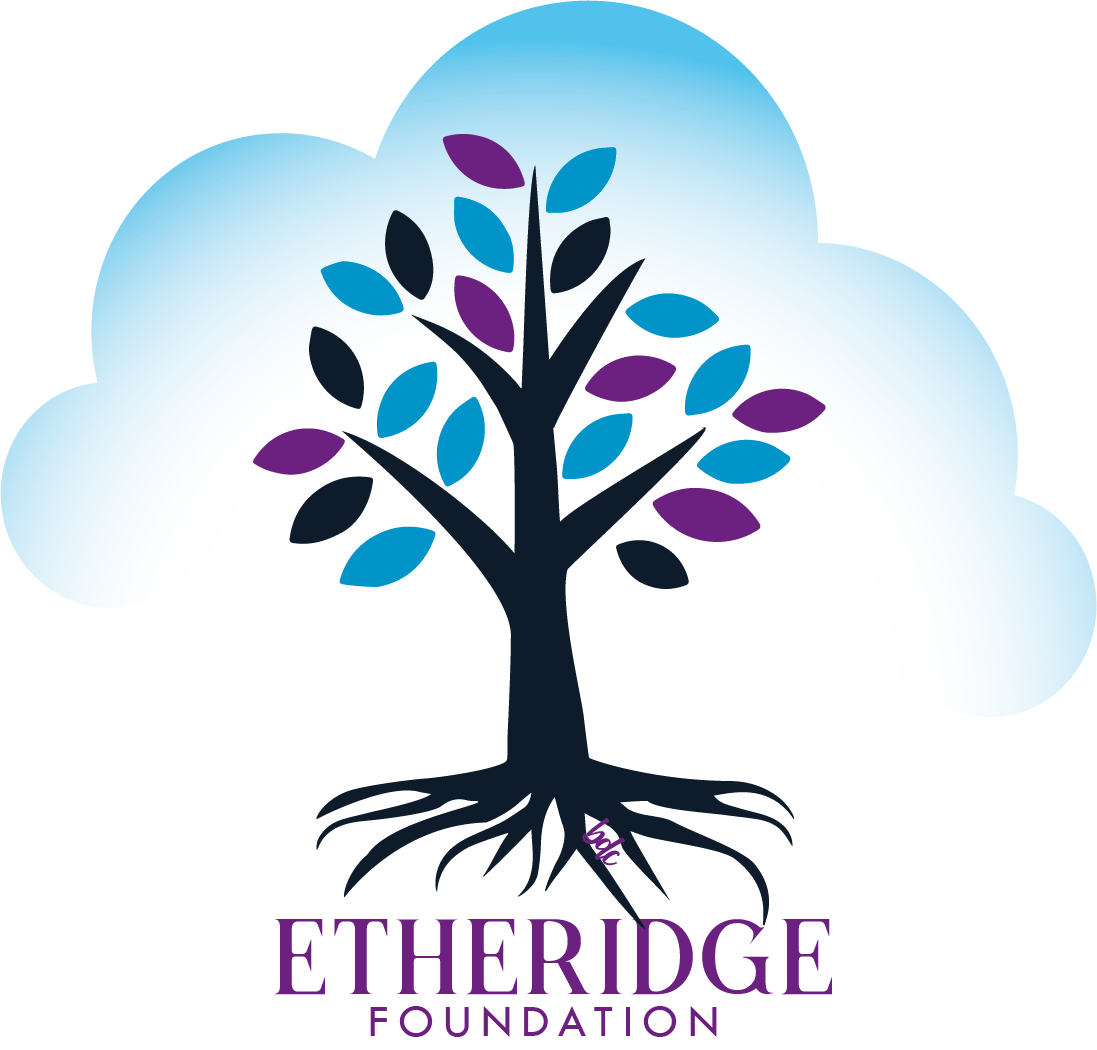What is Ayahuasca?
Ayahuasca is a powerful plant medicine that has been used for centuries by various indigenous communities in the Amazon region for healing, growth, and connection to the natural and spirit worlds.
Ayahuasca is a brew made from the ayahuasca vine (Banisteriopsis caapi). Some groups add other plant ingredients, however, the common combination is made with the ayahuasca vine and the leaves of the chacruna plant (Psychotria viridis).
Chacruna leaves contain the psychoactive compound DMT (dimethyltryptamine) which has visionary effects, while the ayahuasca vine contains components that allow DMT to be orally active.
The preparation and consumption of ayahuasca is a ritualized process that involves a healer who facilitates the experience.
The International Center for Ethnobotanical Education, Research, and Service (ICEERS) explains:
“The word “ayahuasca” is a Quechua term composed of two words:
- aya, which means ‘corpse, dead, dead human body,’ and
- waskha, which means ‘rope, cord, braided or twisted wire.’Thus, it has commonly been translated as ‘the vine of the dead’ or ‘the rope of the dead’.”
The medicine has different names in different traditions and geographic regions.
According to ICEERS, Indigenous peoples who used ayahuasca traditionally or who use it today include: Guahibo, Shipibo-Conibo, Shuar, Colorado, Ingano, Siona, Kofan, Witoto, Tukano, Desana, Yakuna, Ashaninka, Kaxinawa, and many others.
The effects of ayahuasca can be intense and can include vivid visual and auditory effects, physical sensations, and emotional experiences. Many people report profound insights and transformative experiences that can have a lasting impact on their lives.
These include “transcendental and mystical experiences, such as being connected to spirit realms in traditional Amerindian perspectives, and divinity in religious contexts.”
Ayahuasca has also been studied for its potential therapeutic benefits, particularly in the treatment of depression, anxiety, addiction, and trauma.
Researchers report that ayahuasca has low addictive potential and “has been associated with improved psychosocial well-being, quality of life, and positive traits such as assertiveness, confidence, optimism, and emotional maturity as well as decreases in neuroticism.”
However, it is important to note that ayahuasca is not an appropriate medicine for everyone. It can interact negatively with certain medications and health conditions, including psychological conditions.
While its transformative effects have attracted much interest among those seeking healing and personal growth, ayahuasca should not be taken without the guidance of a trained and experienced practitioner.
This post is for informational purposes only and does not constitute medical or legal advice. It is best to consult a licensed health practitioner about any symptoms or conditions you have and to discuss the use of herbal supplements.


